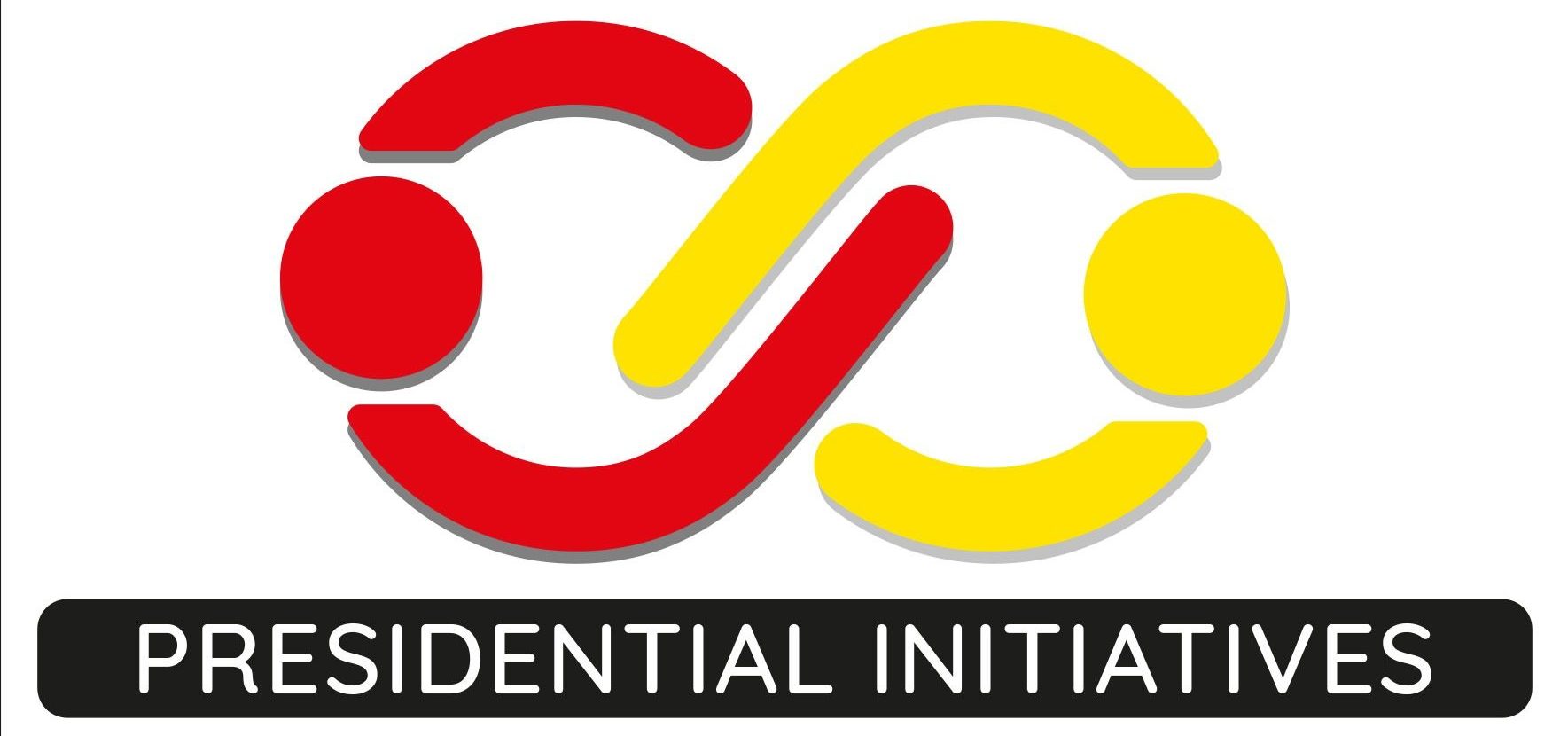
The products are now being mass produced by innovators working on the Presidential Initiative on Banana Industrial Development Project (PIBID), making them one of the selectd few innovations to have reached the commercialization stage.
The initiative, which was started by president Museveni in 2005 with the intention of giving bananas more value, is one of the government’s hallmark programs.
It was founded in response to a study that showed that while over 10 million tonnes of bananas are produced every year, at least 10 million people in Uganda eat them as their primary source of nutrition, leading to significant waste.
The purpose of PIBID was to provide technical/scientific services, outreach, opportunities for research and development, sustainable and competitive value addition to bananas, business and product process development, product quality assurance and safety, process/product technology transfer, and commercialization to rural farmers.
Through one of its sub-projects dubbed TOOKE, innovators under the project have in two years managed to add value to banana through making items like: Tooke (banana) Blour, Mandaazi, Doughnuts, Bread, Cakes, Scones, Crisps, and Biscuits.

Rev Dr Professor Florence Isabirye Muranga, the Director General of the PIBID and the Banana Industrial Research and Development Center (BIRDIC), while commissioning the new distribution tools dubbed Tuku Tuku (Three-wheel motorcycles) on Wednesday said that the project has employed a big number of youth from the farm level to distribution.
“Tooke flour is used to make our products. As Tooke goods are widely distributed and jobs for young people and shops have been created, our farmers’ incomes will undoubtedly rise. As we expand internationally, we will draw in foreign exchange, which is essential for the growth of our nation, she remarked.
Dr. Muranga claims that the 17 Tuku-Tukus will aid in the distribution of goods to retailers in the four divisions of Kampala—Inakawa, Makindye, Lubaga, and Central—as well as in the western and eastern districts of Uganda—Bushenyi and Kiruhura, where they are based.
“To meet any obstacles that may arise, we have internally developed sturdy structures. Tuk-Tuks will ensure a consistent supply of goods to both shops and wholesalers rather than being in direct rivalry with the current sales infrastructure. They will, in other words, enhance the current infrastructure, she said.
The development, according to Mr. Mathew Bagonza, the executive member of the Presidential Advisory of Exports and Industrial Development, will assist the government in increasing exports, which are now valued at $6 billion.
To further assist Tooke in expanding its market beyond just Uganda to the entire world, he remarked, “We shall continue conducting market research across the globe.”
Speaking at the same event, Tooke’s Sales Manager, Isaiah Ssemamuli, explained that the door-to-door sales model used to commission the Tuk Tuk vehicle distribution model is intended to supply to schools, hospital canteens, grocery stores, supermarkets, small shops, and any other customer touch point that can be visited on a daily basis.
Starting with Eastern and Central Uganda, we plan to cover the entire nation. Due to the location of our pilot plant in Bushenyi, Western Uganda has seen a bigger distribution footprint, the official stated.


